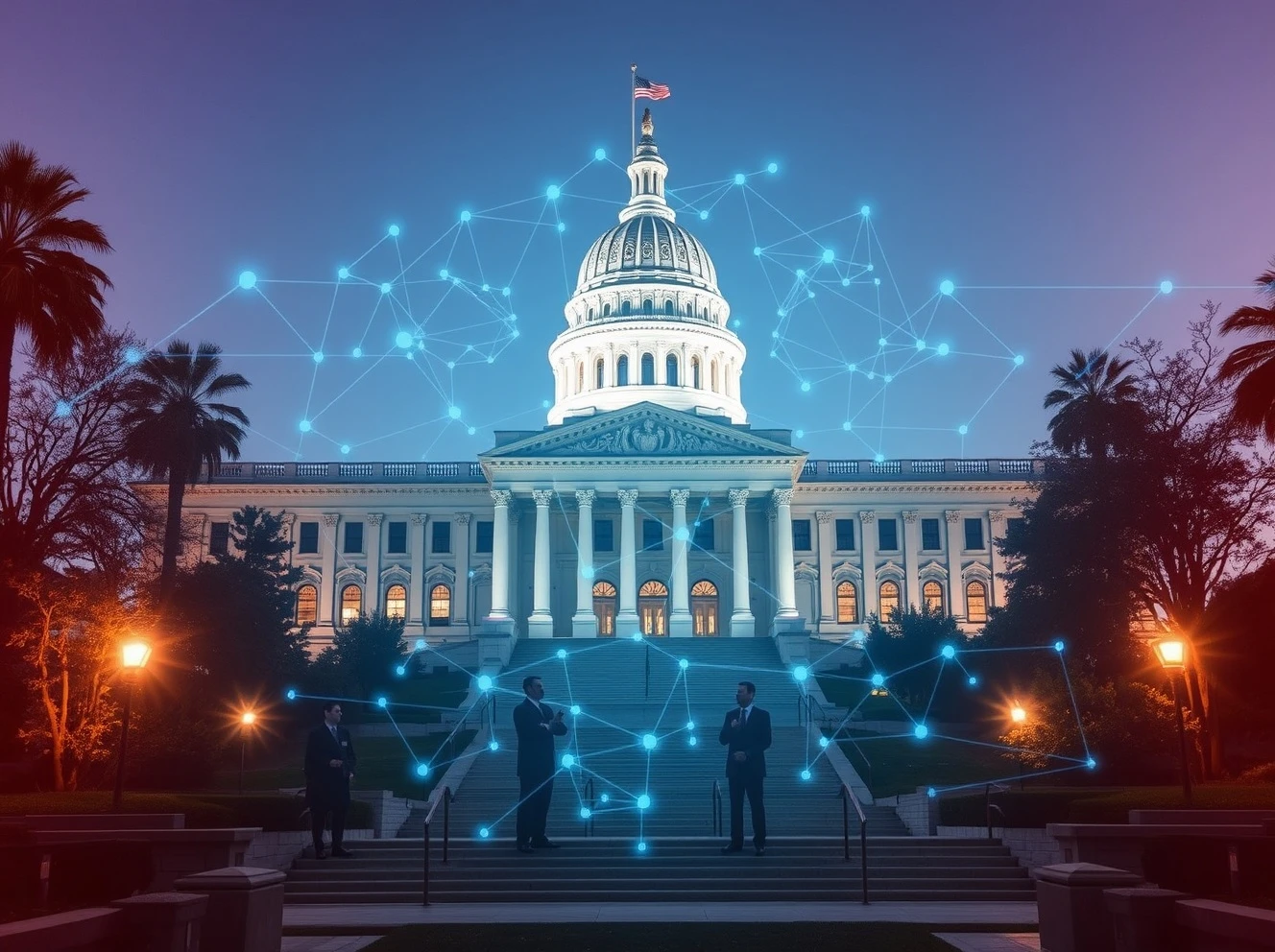California stands at the forefront of artificial intelligence regulation as Senator Scott Wiener’s groundbreaking AI safety bill awaits Governor Gavin Newsom’s signature. This legislation represents a significant shift from Wiener’s previous attempt, SB 1047, which faced fierce Silicon Valley opposition and ultimately received a veto. Now, with surprising industry support, SB 53 could establish the nation’s first mandatory safety reporting requirements for major AI developers.
What Makes This AI Safety Bill Different
Senator Wiener’s current AI safety bill takes a fundamentally different approach than his previous legislation. Unlike SB 1047, which would have imposed liability on tech companies for AI harms, SB 53 focuses primarily on transparency and reporting. The bill specifically targets companies generating over $500 million in revenue, exempting startups from its requirements. This narrower scope has garnered support from unexpected quarters, including Anthropic’s endorsement and Meta’s qualified approval.
Key Provisions of the AI Safety Legislation
The proposed AI safety bill contains several critical components that address catastrophic risks. Firstly, it mandates that leading AI labs publish detailed safety reports for their most capable models. These reports must specifically address potential risks involving:
- Biological weapons creation capabilities
- Mass cyberattack potential
- Chemical weapon development risks
- Human mortality concerns
Additionally, the legislation establishes protected whistleblower channels for AI lab employees and creates CalCompute, a state-operated cloud computing resource for AI research.
Industry Reaction to the AI Safety Proposal
The technology industry’s response to this AI safety bill demonstrates a notable shift in attitude. Meta spokesperson Jim Cullinan expressed that the company supports “AI regulation that balances guardrails with innovation” and considers SB 53 “a step in that direction.” Former White House AI policy advisor Dean Ball called the legislation a “victory for reasonable voices.” However, opposition remains from some quarters, with OpenAI advocating for federal standards instead of state-level regulation.
Political Context Surrounding AI Safety Legislation
Senator Wiener’s push for this AI safety bill occurs against a backdrop of changing federal priorities. The Trump administration has notably shifted focus from AI safety to AI opportunity, as exemplified by Vice President J.D. Vance’s recent comments in Paris. Wiener expresses concern about this direction, stating that recent federal efforts to block state AI laws represent Trump “rewarding his funders.” The senator believes California must lead on AI safety precisely because of federal inaction.
Comparing SB 53 to Previous AI Safety Efforts
This AI safety bill differs substantially from Wiener’s SB 1047 in several key aspects. The previous legislation faced intense industry opposition and prompted a celebratory “veto party” among AI developers. SB 53’s more moderate approach has changed the dynamic significantly. The current bill focuses on transparency rather than liability and applies only to the largest companies, making it more palatable to industry stakeholders while still addressing critical safety concerns.
FAQs About California’s AI Safety Bill
What companies would be affected by SB 53?
The AI safety bill specifically targets companies generating over $500 million in revenue, meaning it would primarily affect giants like OpenAI, Anthropic, Google, and xAI.
How does SB 53 differ from Wiener’s previous AI bill?
Unlike SB 1047, which imposed liability for AI harms, SB 53 focuses on transparency requirements and safety reporting without creating new liability frameworks.
When will Governor Newsom decide on the AI safety bill?
Governor Newsom has several weeks to either sign or veto the legislation, with the decision expected before the end of the current legislative session.
Why do some tech companies support this AI safety bill?
Companies like Anthropic support the legislation because it establishes clear safety reporting standards while avoiding the liability concerns that made SB 1047 controversial.
What happens if California passes this AI safety legislation?
California would establish the nation’s first mandatory AI safety reporting requirements, potentially creating a model for other states and federal regulation.
How does this AI safety bill address whistleblower protection?
The legislation creates protected channels for AI lab employees to report safety concerns to government officials without fear of retaliation.








